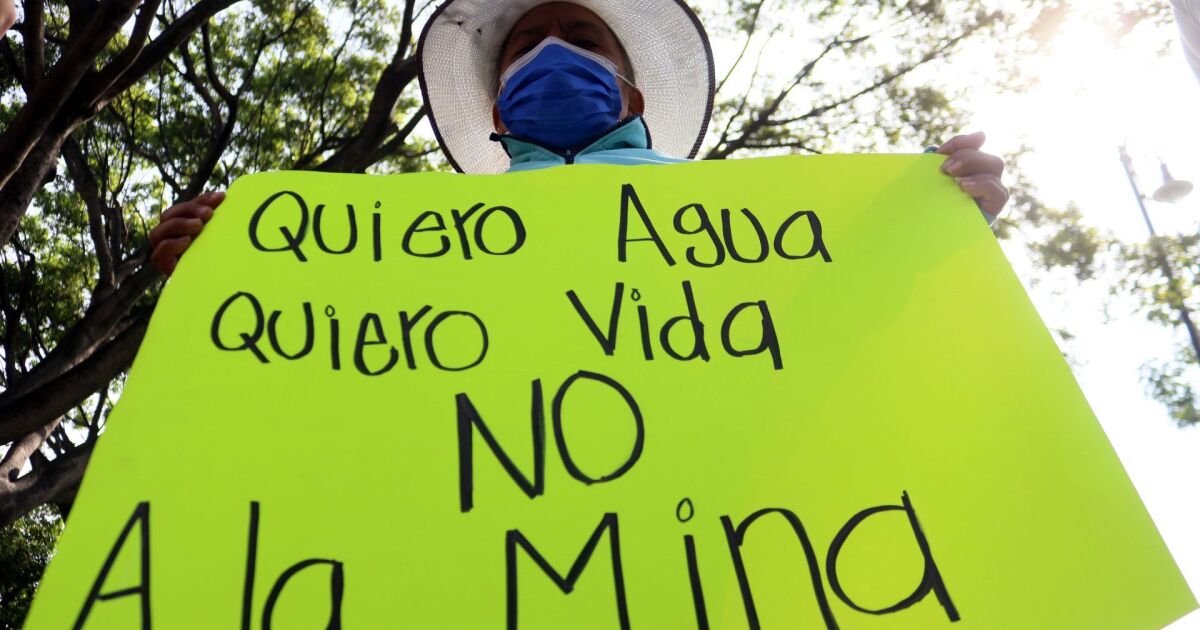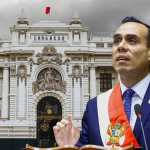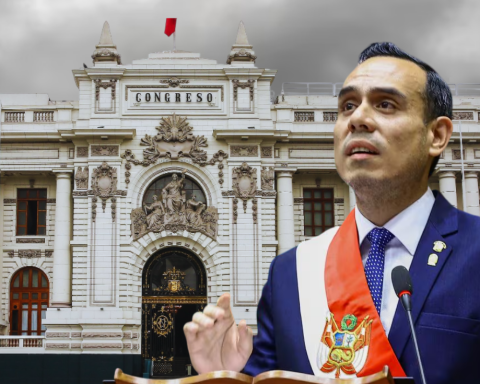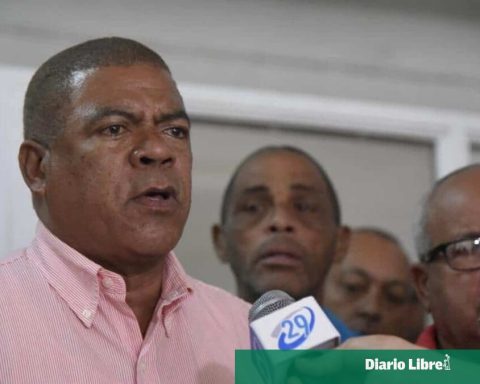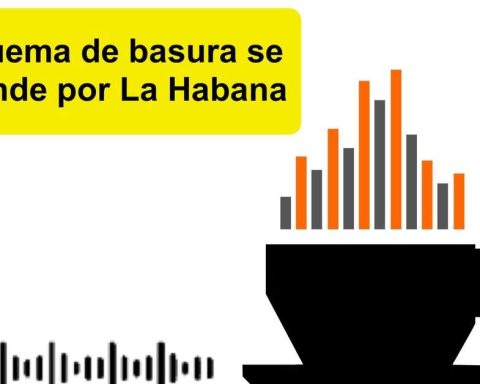What is a fact is that the Ministry of Economy must cancel the concessions and if in the future it decides to deliver them again, it must consider that it is obliged to carry out a prior consultation process.
“This consultation process has to be carried out in accordance with international standards, until then there will be conditions to determine if the concessions are reissued,” explains lawyer Silva.
#Let’s change it now
Lawyer Itzel Silva highlights that the Mining Law, in several articles, provides provisions that directly violate the right of indigenous peoples to the territory and property of the ejidos.
“When claiming the content of the law in the lawsuit, we claim that article 6, 15 and 19 (in its sections 4,5,6 and 12), violate the protection and guarantee that the international framework of human rights granted to indigenous territories, as well as article 21 of the Political Constitution that recognizes the right to ejidos,” he explains.
Article 6 of the Mining Law, specifically, indicates that mining activities are of public utility and that they are preferred over any other use of the land, which is contrary to the protection of the right to territory and ejidal property.
Article 19 states that the mere fact of having a mining concession title entitles its owner to obtain the expropriation or temporary occupation of the land necessary to carry out the activities, but also refers to the mining companies for the use and exploitation of the water.
“The Mining Law practically hands over the territories and resources to the mining companies holding concessions, and in that sense we allege (in the lawsuit) that its content is unconstitutional and unconventional,” says the lawyer.
